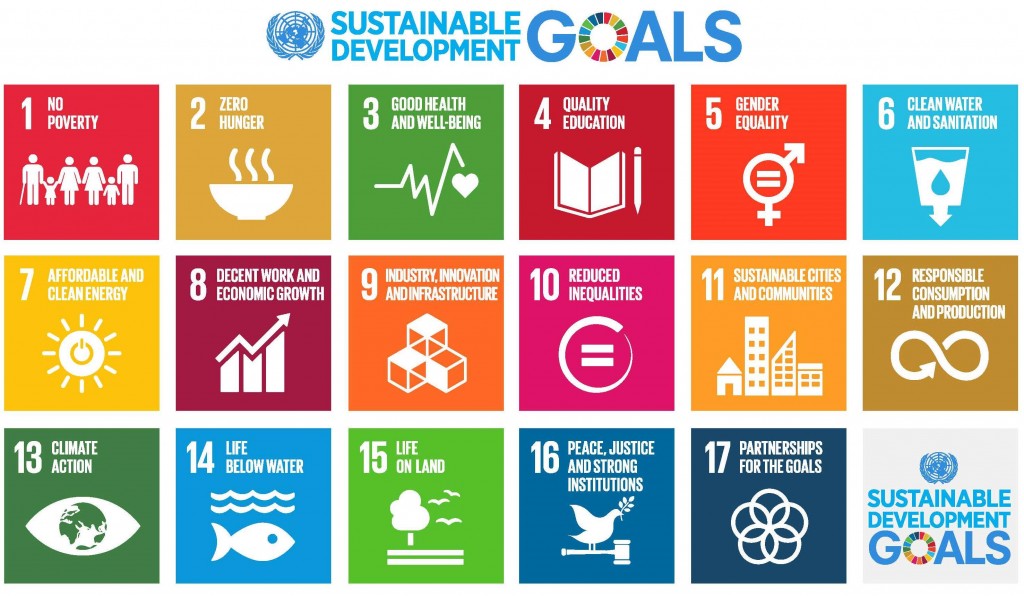 With the end of term fast approaching, Christmas is now just over two weeks away! Once we add up all the presents, wrapping paper, cards, food, trees and lights, Christmas can often have a significant impact on the environment. By taking small actions that don’t require a lot of effort, we can all reduce this negative impact without missing out on the Christmas spirit! Here are our top tips to make your Christmas holidays more sustainable:
With the end of term fast approaching, Christmas is now just over two weeks away! Once we add up all the presents, wrapping paper, cards, food, trees and lights, Christmas can often have a significant impact on the environment. By taking small actions that don’t require a lot of effort, we can all reduce this negative impact without missing out on the Christmas spirit! Here are our top tips to make your Christmas holidays more sustainable:
1. Christmas Trees
It’s difficult to talk about Christmas without talking about Christmas trees. You might notice a heated debate about what is more sustainable: a real Christmas tree, or an artificial one. Artificial trees certainly have benefits, the main one being that they can be re-used for many years. Reuse is the key here: a study claimed that artificial trees should be reused for 20 years to be ‘greener’ than buying a real tree every year.

But not all real trees are made equal: Make sure yours is grown using sustainable practices. One way of doing this is checking whether your seller is part of the British Christmas Tree Growers Association. Or consider looking for an organic tree. If you want a real tree that you can reuse, you could get a pot-grown tree, which will live for many years – you can even rent them! After taking down your tree, remember to check with your local council how you can recycle the tree to make sure it does not end up in landfill.
And if you want to see what a Christmas tree farm looks like, The Guardian recently published a photo essay following the life of a Christmas tree!
2. Gifts that matter
If you are tired of buying gifts that might end up in a dark corner of the house by New Year’s Eve, why not try to do something a bit different? Gifting an experience is a great way of avoiding waste, and there is something out there for everyone. Struggling to find a present for that one friend who only drinks single-batch coffee and complains about coffee chains? Many independent London cafés offer classes on how to make the perfect cup of coffee at home.  Someone in need of de-stressing after December deadlines – or before January exams? Why not book a pampering session for them (extra points if your salon of choice uses organic products)! You could also cook a great meal for someone, or spend time doing something they love with them – in our hectic world, our time is often one of the most valuable things we can give.
Someone in need of de-stressing after December deadlines – or before January exams? Why not book a pampering session for them (extra points if your salon of choice uses organic products)! You could also cook a great meal for someone, or spend time doing something they love with them – in our hectic world, our time is often one of the most valuable things we can give.
For a gift that makes a difference, you could also consider giving to charity in someone’s name. After we have all been watching Planet Earth II for the last few weeks, adopting/sponsoring an endangered species seems like an obvious option (no baby iguanas or racer snakes, but plenty of big cats, gorillas and penguins).
3. It’s what’s on the outside that counts
If you do have a physical gift to wrap, consider ditching non-recyclable shiny wrapping paper for more environmentally-friendly options. This can be wrapping paper made from recycled materials, a box you can re-use, or something homemade.  Richard, one of our team members, collects pictures from newspapers and magazines in the weeks leading up to Christmas to create his own personalised wrapping paper. Even if you are not the most talented crafter out there, websites like Pinterest have hundreds of ideas for DIY gift wrap (if it does end up looking bad – #PinterestFail will make you feel better, we promise).
Richard, one of our team members, collects pictures from newspapers and magazines in the weeks leading up to Christmas to create his own personalised wrapping paper. Even if you are not the most talented crafter out there, websites like Pinterest have hundreds of ideas for DIY gift wrap (if it does end up looking bad – #PinterestFail will make you feel better, we promise).
4. Switching off at King’s
Before you leave King’s for your well-deserved Christmas holidays, remember that you can help the environment by switching off any non-essential equipment. This can make a huge difference – last year, King’s used 70% less electricity on Christmas Day than it did just one week earlier. If you are a student in residences, you can make a big contribution to this. At Great Dover Street Apartments alone, students moving out and switching off at the end of term meant that electricity use dropped by 55% in just one week!
 This year, we would like everyone to keep up the good work, and try to see if there is anything else that can be switched off over the holidays. Our top tip is to turn appliances off at the plug to ensure they are not wasting energy. Even when they are switched off, some devices will continue to use electricity while they are plugged in, known as ‘vampire power’. A common culprit are mobile phone chargers – they will continue to use energy when plugged in, even if there is no phone connected to them.
This year, we would like everyone to keep up the good work, and try to see if there is anything else that can be switched off over the holidays. Our top tip is to turn appliances off at the plug to ensure they are not wasting energy. Even when they are switched off, some devices will continue to use electricity while they are plugged in, known as ‘vampire power’. A common culprit are mobile phone chargers – they will continue to use energy when plugged in, even if there is no phone connected to them.
We hope these tips give you some inspiration on how to make Christmas more sustainable! What are your top tips to cut down on waste and help the environment over the festive period?
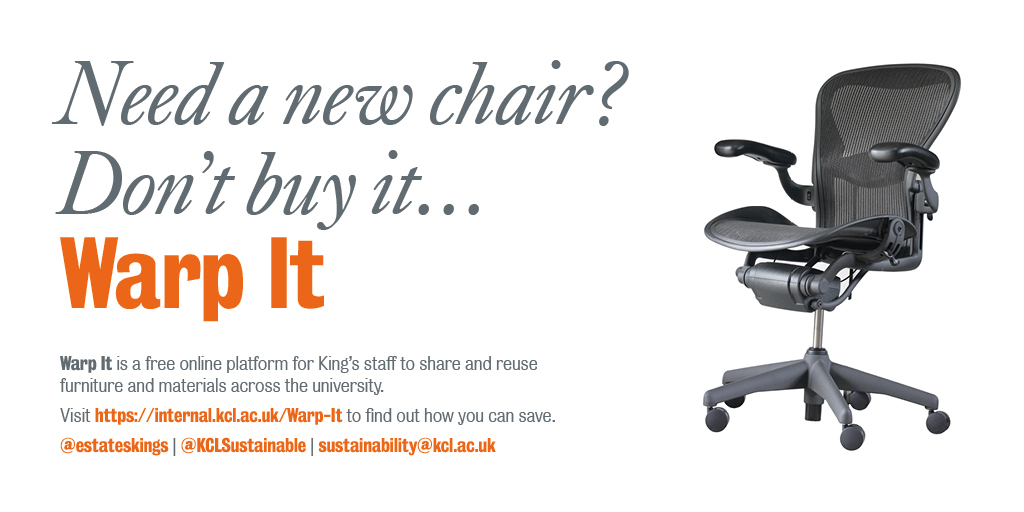 At the moment, Warp It is only open to staff. If you are interested in signing up and start reusing furniture, please visit the internal Warp It pages.
At the moment, Warp It is only open to staff. If you are interested in signing up and start reusing furniture, please visit the internal Warp It pages.

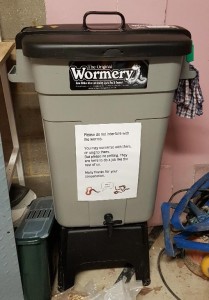
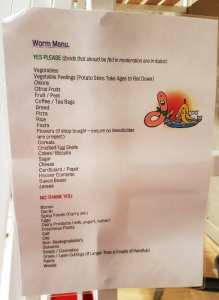
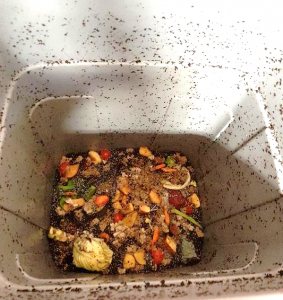


 and qualitative measures developed at the GCSO institutions. This way, universities can ensure that operations and users of buildings do not experience any negative impacts as a result of the “experiment”.
and qualitative measures developed at the GCSO institutions. This way, universities can ensure that operations and users of buildings do not experience any negative impacts as a result of the “experiment”.

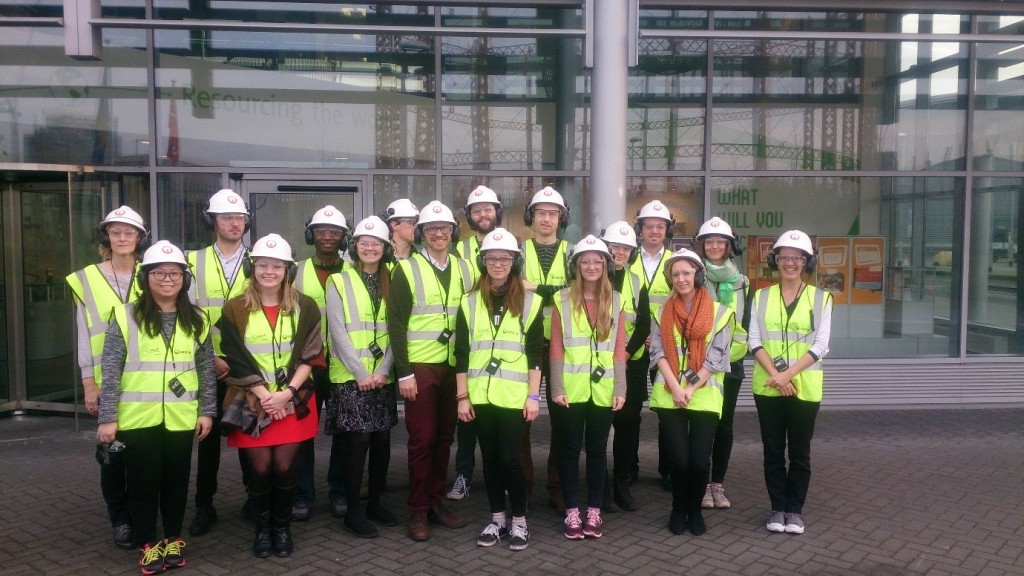
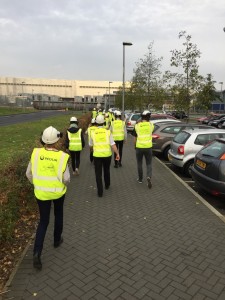


 Someone in need of de-stressing after December deadlines – or before January exams? Why not book a pampering session for them (extra points if your salon of choice uses organic products)! You could also cook a great meal for someone, or spend time doing something they love with them – in our hectic world, our time is often one of the most valuable things we can give.
Someone in need of de-stressing after December deadlines – or before January exams? Why not book a pampering session for them (extra points if your salon of choice uses organic products)! You could also cook a great meal for someone, or spend time doing something they love with them – in our hectic world, our time is often one of the most valuable things we can give. Richard, one of our team members, collects pictures from newspapers and magazines in the weeks leading up to Christmas to create his own personalised wrapping paper. Even if you are not the most talented crafter out there, websites like
Richard, one of our team members, collects pictures from newspapers and magazines in the weeks leading up to Christmas to create his own personalised wrapping paper. Even if you are not the most talented crafter out there, websites like 
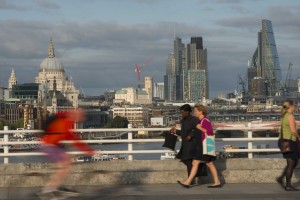 rs
rs 
 Under certain conditions, many diesel cars will also switch off their emission controls. Legal loopholes enabled them to do this when the outside temperature falls below 18°C. While manufacturers claim this is to protect the engine, average temperatures in London mean this causes significant problems for the city’s pollution levels, as cold periods are often when pollution builds up. This is made worse by the rising number of diesel vehicles on London’s roads.
Under certain conditions, many diesel cars will also switch off their emission controls. Legal loopholes enabled them to do this when the outside temperature falls below 18°C. While manufacturers claim this is to protect the engine, average temperatures in London mean this causes significant problems for the city’s pollution levels, as cold periods are often when pollution builds up. This is made worse by the rising number of diesel vehicles on London’s roads. Therefore, even local pollution might require cross-border efforts to be tackled effectively. “It’s also someone else’s local emissions. And where are our local emissions going when they are not causing us a problem? They are going to somebody else”, says Tim Baker.
Therefore, even local pollution might require cross-border efforts to be tackled effectively. “It’s also someone else’s local emissions. And where are our local emissions going when they are not causing us a problem? They are going to somebody else”, says Tim Baker.
